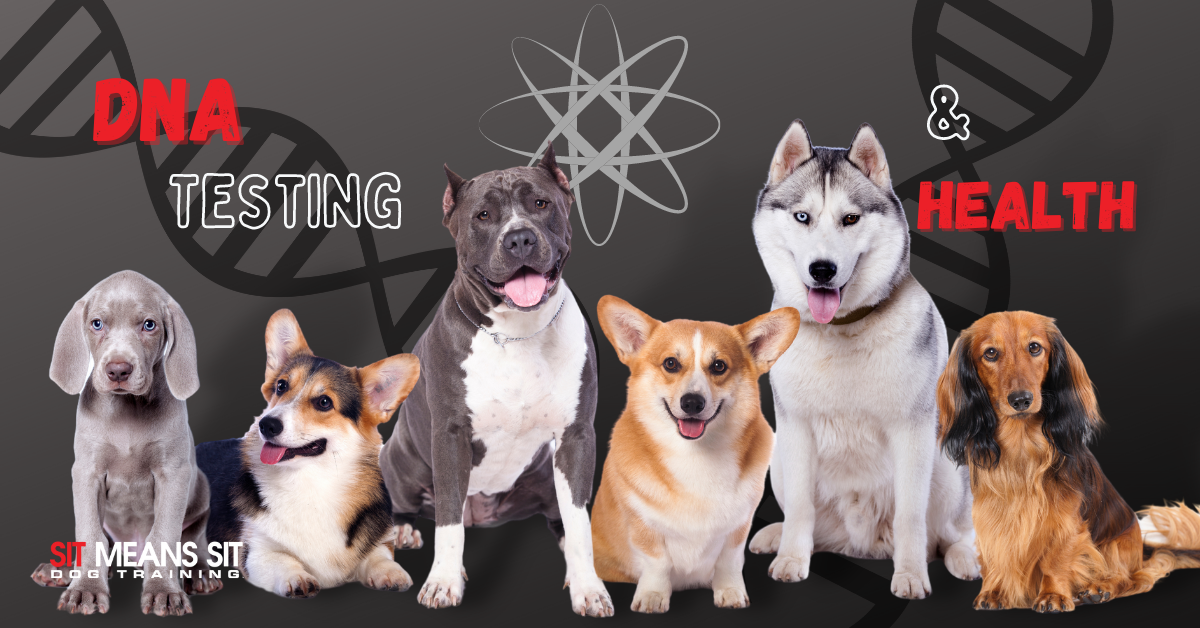Any dog-owner knows that the day a surprise health diagnosis comes to light is the worst, but is there a way you and your pooch can avoid the out-of-the-blue shock? Canine DNA testing can be helpful in getting to know what conditions your pup can possibly have based on their personal DNA! Some results can even help you and your veterinarian set up a plan to improve your dog’s overall health.
DNA Testing is as easy as buying a kit, swabbing your dog’s cheek, and sending it off to a lab for results in as little as 2 weeks! DNA results can indicate what your dog is at genetic risk for and guide you in the right direction for making health-related decisions, like dietary improvements. DNA testing is a great technology, but of course, there are some stipulations about what exactly these tests are able to detect.
Limitations of Canine Testing
Dr. Elinor Karlsson has been working in canine genetics for years and she is shocked about how genetic testing is being used by companies to profit off of selling information to pet owners. She says that testing is only in the beginning phases of deciding what genes correlated with different conditions in dogs, which means that there’s no definite say that correlation is causation. So to establish causation, tens of thousands of dogs are needed for scientific testing, and the study of canine genetics just isn’t there yet.
Canine genetic research is even more lagging than human medicine and sometimes harder to determine causes because of the breed variations causing genetic variability that needs to be documented.
Some DNA testing companies that sell results straight to dog owners do not reveal the methods they got their results from, which is problematic when trying to achieve a scientific standard in genetics. Difficulty with interpreting DNA kits results stems from having to explain in layman’s terms what the results mean to owners. Some conditions that are being reported are associated with multiple genes, but the dog owners are not being informed of this, resulting in a false sense of hope or doom. In some cases, these poor result monitorings and interpretations have led owners to pre-maturely put down their pup or start them on unnecessary medicines/supplements.
Where Does DNA Testing Go From Here
Canine DNA testing is still in its infancy, so there’s only room to grow from here. With more knowledge being shared about canine genetics, the science is only continuing to research and try to maintain standards of scientific integrity. Scientists are hopeful that at the rate genetic research is being studied, they will be able to discern how and what dogs will be disposed to certain conditions.
There’s no real reason to not try DNA testing out for your pooch. But try and remember that testing isn’t always accurate in the results you are given. So making drastic changes or decisions about your dog should not be taken at the advice of these results. DNA testing can be a great way to get to know your dog at a more biological level, but take the health advice with a grain of salt and look for kits that are assisted by recognized Veterinary institutions or clinics!

